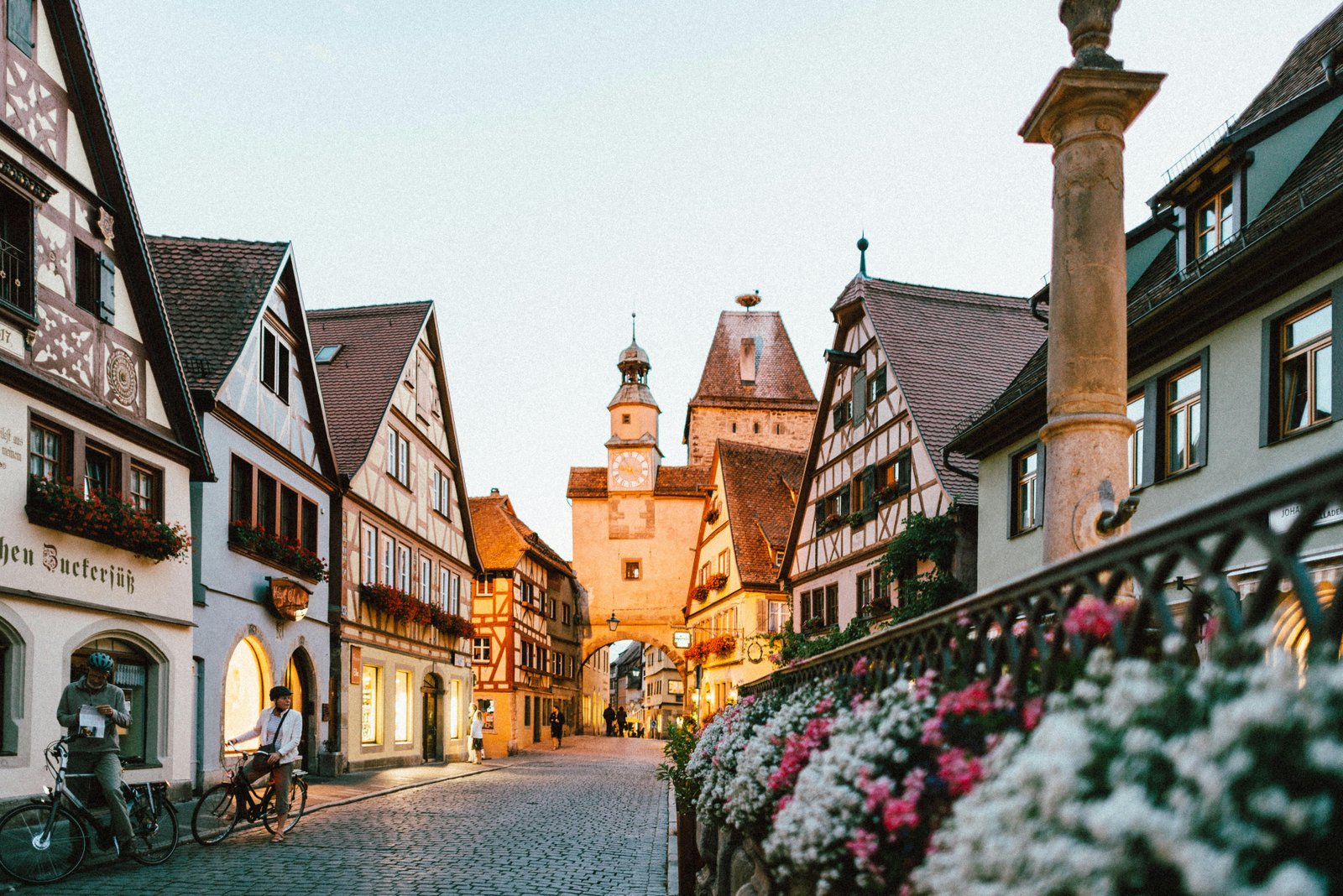
Germany’s national anthem, also known as “Das Lied der Deutschen” (The Song of the Germans), holds a significant place in the country’s history and culture. Composed by August Heinrich Hoffmann von Fallersleben in 1841, the anthem has undergone several transformations over the years. It has not only witnessed the nation’s tumultuous past but also reflects its aspirations, struggles, and achievements. In this article, we will explore the lyrics, significance, historical context, and contemporary relevance of Germany’s national anthem.
Lyrics
The original lyrics of Germany’s national anthem were written by Hoffmann von Fallersleben. The anthem consists of three verses, with only the third verse being officially recognized as the national anthem since 1952. Here are the original lyrics: Deutschland, Deutschland über alles, Über alles in der Welt, Wenn es stets zu Schutz und Trutze Brüderlich zusammenhält. Von der Maas bis an die Memel, Von der Etsch bis an den Belt, Deutschland, Deutschland über alles, Über alles in der Welt! Deutsche Frauen, deutsche Treue, Deutscher Wein und deutscher Sang Sollen in der Welt behalten Ihren alten schönen Klang, Uns zu edler Tat begeistern Unser ganzes Leben lang. Deutsche Frauen, deutsche Treue, Deutscher Wein und deutscher Sang! Einigkeit und Recht und Freiheit Für das deutsche Vaterland! Danach lasst uns alle streben Brüderlich mit Herz und Hand! Einigkeit und Recht und Freiheit Sind des Glückes Unterpfand; Blüh’ im Glanze dieses Glückes, Blühe, deutsches Vaterland!
In English:
Unity and justice and freedom
For the German fatherland!
Towards these let us all strive
Brotherly with heart and hand!
Unity and justice and freedom
Are the foundation of happiness;
Flourish in the radiance of this happiness,
Flourish, German fatherland!
Significance
Germany’s national anthem holds immense significance for the country and its people. The lyrics emphasize unity, loyalty, and the pursuit of freedom and justice. It serves as a reminder of the shared values and aspirations of the German nation. The anthem symbolizes the strength and resilience of the German people, especially in the face of adversity and challenges.
Historical Context
The composition of Germany’s national anthem took place during a crucial period in the nation’s history. Hoffmann von Fallersleben wrote the lyrics when Germany was divided into numerous independent states. The anthem aimed to foster a sense of national unity and identity among the German people. Over time, the anthem became associated with the unification movement, which ultimately led to the formation of the German Empire in 1871. During the Nazi regime, the anthem was misused to promote nationalist and supremacist ideologies. However, after World War II, the lyrics were revised to remove any references that could be interpreted as supporting militarism or aggression. The current version of the anthem, with only the third verse, was adopted in 1952.
Contemporary Relevance
In contemporary Germany, the national anthem continues to be a symbol of national pride and unity. It is played on various occasions, including sporting events, official ceremonies, and cultural gatherings. The anthem serves as a reminder of Germany’s commitment to democracy, human rights, and international cooperation. The significance of the anthem extends beyond Germany’s borders. It represents the country’s contributions to European integration, peace-building, and global diplomacy. As Germany plays a prominent role in the European Union and the international community, the national anthem serves as a unifying force, fostering a sense of collective identity among Germans and their global partners. In conclusion, Germany’s national anthem, “Das Lied der Deutschen,” encapsulates the nation’s history, values, and aspirations. Its lyrics, significance, historical context, and contemporary relevance reflect the journey of the German people, from division to unity, from turmoil to stability. The anthem stands as a testament to the power of music and words in shaping a nation’s identity and inspiring its citizens.

One thought on “Discover the Spirit of Germany Through Its Anthem”